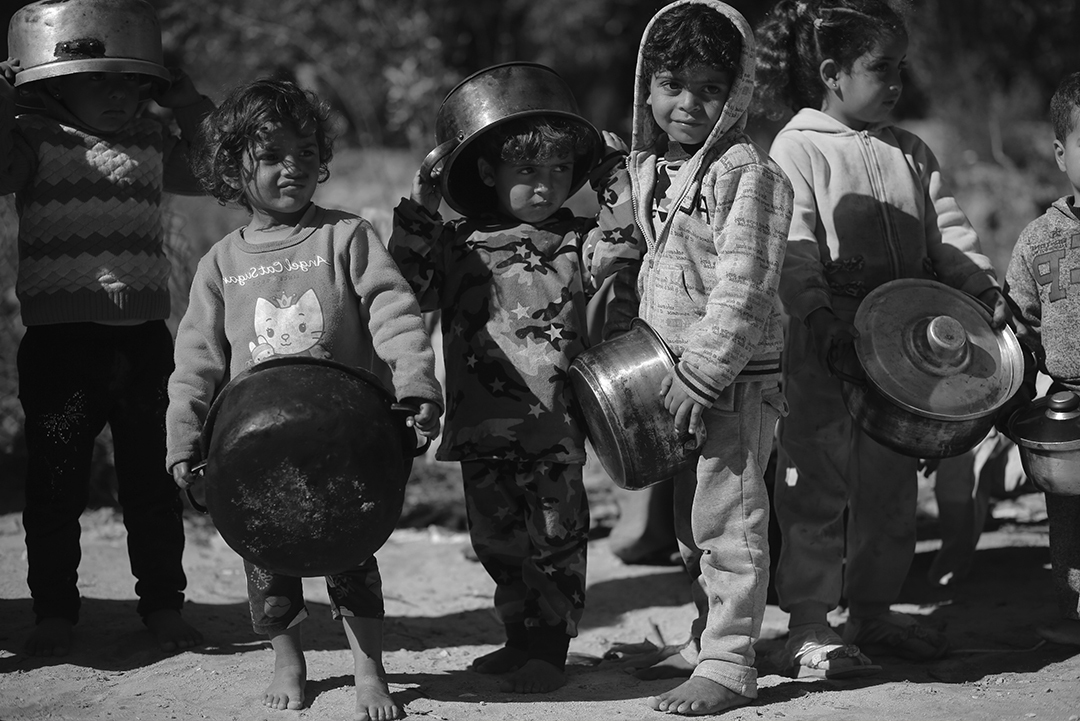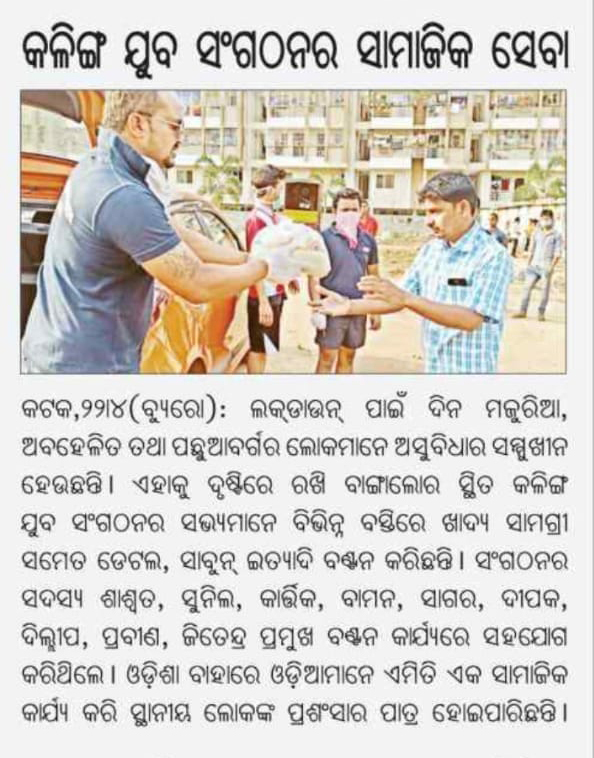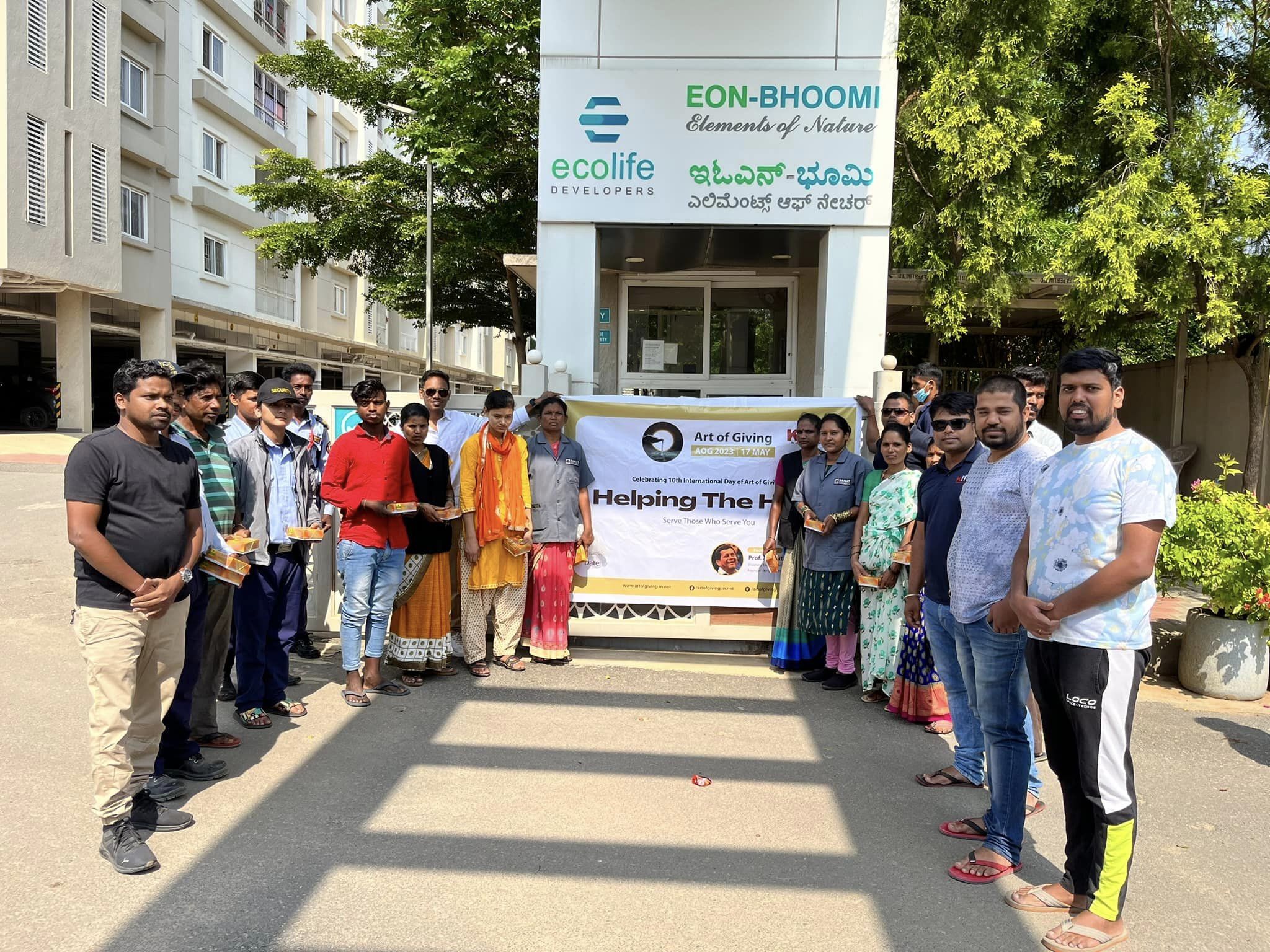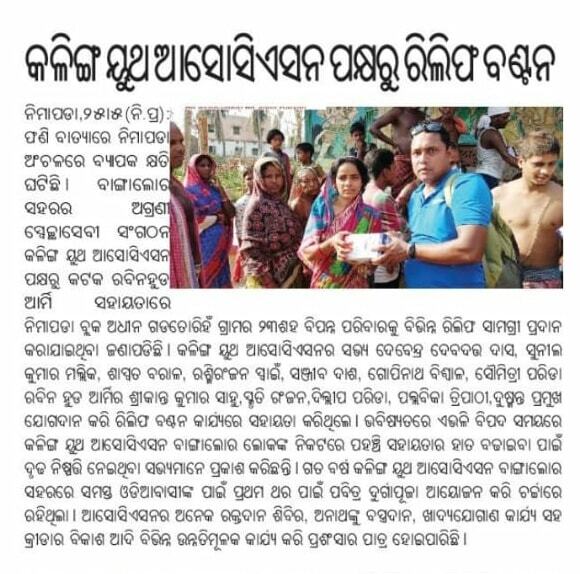Food Distribution
Food Distribution in Slum Areas
we recognize the pressing need for nutritious food in underprivileged communities, especially in slum areas

Food distribution plays a pivotal role in ensuring that communities have access to sustenance and nourishment, especially in times of need. This vital humanitarian effort involves the organized and equitable distribution of food supplies to individuals and families facing food insecurity due to various circumstances, such as poverty, emergencies, or disasters. Food distribution initiatives are often led by non-profit organizations, government agencies, and community groups, working collaboratively to source, package, and deliver essential food items to those in need.
By providing nourishing meals, these programs alleviate hunger, promote better health, and contribute to overall well-being. Food distribution not only addresses immediate nutritional requirements but also underscores the importance of solidarity and shared responsibility in building resilient communities.
Addressing Hunger and Malnutrition
In many slum areas, access to sufficient and nutritious food is a significant concern. Poor living conditions and limited resources often mean that families struggle to meet their basic nutritional needs. Our food distribution programs are designed to address this critical issue by providing regular and reliable access to essential food items.
We focus on delivering balanced meals and essential groceries that include staples such as rice, lentils, vegetables, and fruits. Our goal is not only to alleviate immediate hunger but also to contribute to the overall health and well-being of individuals and families in these communities. By providing nutritious food, we help combat malnutrition and promote healthier living conditions.
Our blood donation camps are organized in collaboration with local hospitals, blood banks, and medical institutions. We provide a safe and comfortable environment for donors, ensuring that the process is smooth and efficient. Medical professionals are on hand to conduct screenings and ensure that all safety protocols are followed. Through these efforts, we make it easy for people to donate blood and contribute to a noble cause.
Coordinated Food Distribution Drives
Our food distribution drives are organized with careful planning and coordination to maximize their impact. We partner with local community leaders, organizations, and volunteers to ensure that our efforts are effective and reach those who need it most.
Each food distribution drive involves:
- Assessment of Needs: Identifying the most vulnerable communities and understanding their specific food requirements.
- Collection and Preparation: Sourcing and preparing food items in collaboration with local suppliers and volunteers.
- Distribution: Setting up distribution points in slum areas where community members can collect food. We ensure that the process is orderly and respectful, prioritizing those who are most in need.
Our team works diligently to ensure that the distribution process is smooth and that every individual receives their share of food. We also focus on maintaining high standards of hygiene and safety throughout the process to ensure that the food provided is safe for consumption.
Community Engagement and Support
Food distribution is not just about providing food; it’s also about building community and fostering a sense of solidarity. We involve local community members in the planning and execution of our food distribution drives, ensuring that they have a voice in the process and that the efforts are aligned with their needs.
Our volunteers play a crucial role in these initiatives, helping with food preparation, distribution, and outreach. Their dedication and compassion make a significant difference in the lives of those we serve. We also engage with community leaders to ensure that our efforts are well-coordinated and that we are addressing the most pressing needs.
Long-Term Impact and Sustainability
While immediate food distribution is essential, we also aim to make a long-term impact by addressing the root causes of food insecurity. Our programs include:
- Educational Workshops: Providing education on nutrition and healthy eating habits to help families make better food choices.
- Community Gardens: Supporting initiatives to establish community gardens where residents can grow their own food, fostering self-sufficiency and resilience.
- Collaborations with Local Organizations: Partnering with local NGOs and government agencies to address food security issues on a broader scale.
By focusing on both immediate relief and long-term solutions, we strive to create a more sustainable and equitable food system in slum areas. Our goal is to empower communities to improve their own food security and build a foundation for better health and well-being.
At Kalinga Youth Association, our food distribution initiatives are a testament to our commitment to alleviating hunger and improving the quality of life in slum areas. Through coordinated food drives, community engagement, and long-term solutions, we work to ensure that everyone has access to the nourishment they need. Join us in our mission to make a positive impact and help build a healthier, more supportive community for all.






